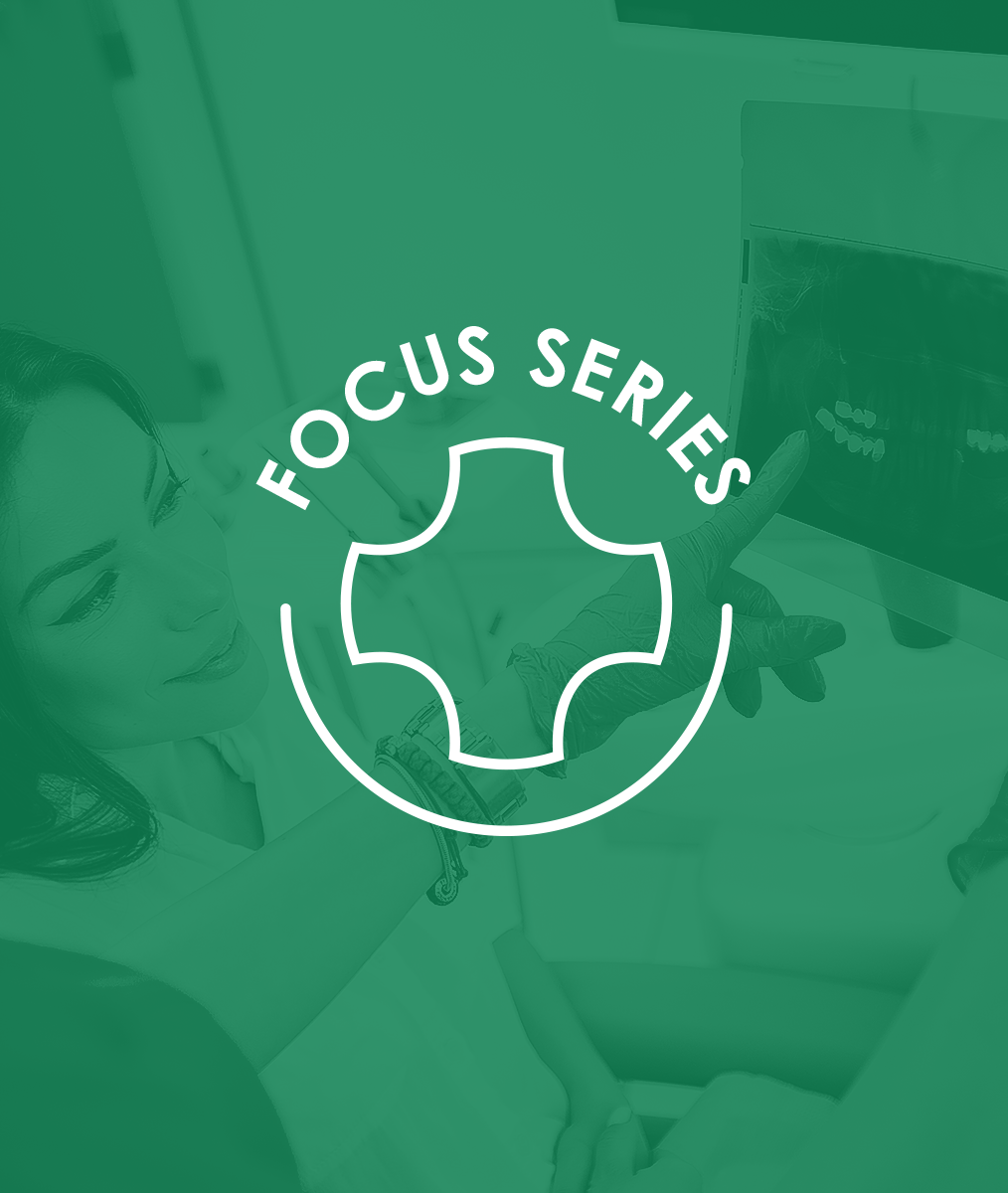
Eudaimonia in Dental Practice: Helping Yourself and Others to Flourish
By Deborah E. Bush, MA
How I Came to Know the Word “Eudaimonia”
During the Covid pandemic, retired dentist Barry F. Polansky, DMD, noticed a shift in people’s perspectives, with many becoming more thoughtful about life’s purpose and values. This period of reflection inspired him to encapsulate his own views in a story aimed at guiding young dentists. This story became his 2021 book, The Porch: A Dental Fable.
The Porch is the tale of a young (new) dentist who is guided by a philosopher mentor, learns to integrate eudaimonia into his practice, and regularly discusses dental philosophy with colleagues in a porch setting. Dr. Polansky hoped the book would help new dentists discover how to practice virtuously, foster responsible relationships focused on well-being, and lean on mentors and study clubs to encourage them. While authoring the book (before ChatGPT), he asked me to help with the writing, and I was pleased to assist in refining the narrative, ensuring it resonated with readers.
Eudaimonia in Patient-Centered Dentistry
“Eudaimonia,” rooted in Aristotelian philosophy, translates to “human flourishing” or “well-being” and is integral to a comprehensive approach to dental care. It extends beyond clinical outcomes, considering the broader impact on patients’ overall health and life satisfaction. For example, here are some of the principles shared by Aristotle’s philosophy and patient-centered care.
- Holistic Approach: Embracing eudaimonia means addressing not just the physical, but also the emotional and psychological well-being of patients. This includes understanding their aspirations and fears related to oral health and aligning care with their life goals.
- Empowerment through Co-Discovery: Involving patients in exploring their health and treatment options to foster informed decision-making, aligning with their values and aspirations.
- Personalized Care: Tailoring treatment to each patient’s unique needs supports their journey toward their own fulfilling life.
- Mutual Growth: Collaborative patient-provider relationships lead to mutual professional and personal growth, contributing to a shared pursuit of well-being.
Eudaimonia in Ethical Practice
Integrating virtue ethics—compassion, honesty, integrity—into practice fosters trust and well-being for both dentists and patients, leading to professional fulfillment. This sounds easy but we know it is not.
In The Porch, Barry Polansky’s protagonist is initially hindered in his attempts to lead patients to treatment by (1) patient resistance and (2) his internal frustration with that resistance. The young dentist goes to the brink of giving up. The philosopher-mentor helps him off the cliff’s edge and back onto comfortable footing as the young dentist learns relational behaviors that lead to positive results.
Eudaimonia in Work-Life Balance
Polansky’s book emphasizes the importance of balance between work and personal life, continuous learning, and maintaining physical and mental health for a fulfilling career. Polansky draws on his deep roots in the Pankey philosophy as he persuades his colleagues to support young dentists in study club communities focused on well-being.
His Take-Home Message
A long fulfilling career in dentistry is based on developing a systematic approach to practice that enhances the doctor-patient relationship for the benefit of patients, living purposefully with balance, striving for personal holistic health, and being in community with colleagues to nourish the wellness and careers of younger dentists—all hallmarks of The Pankey Institute.
Note: You might find this interesting…I’m learning to learn from AI. My first draft of this blog was nearly 2,000 words. Then, I ran it through ChatGPT, knowing it needed to be shortened, and voila! I liked the concise results (620 words). In my line of work as a dental writer, I sometimes use CoPilot AI for research, Gemini AI for drafts, and Grammarly AI for polishing, but overall, I think ChatGPT does the finest job of critiquing what I write, suggesting revisions, and explaining why.
Related Course
Compromise to Co-Discovery: A Treatment Planning Journey
DATE: October 21 2025 @ 8:00 am - October 23 2025 @ 1:00 pmLocation: Online
CE HOURS: 21
Regular Tuition: $ 2995
Single Occupancy with Ensuite Private Bath (per night): $ 345
The Balance of Communication, Case Planning & Occlusion Dr. Melkers always brings a unique perspective to his workshops and challenges us to the way we think. At Compromise to Co-Discovery,…
Learn More>






